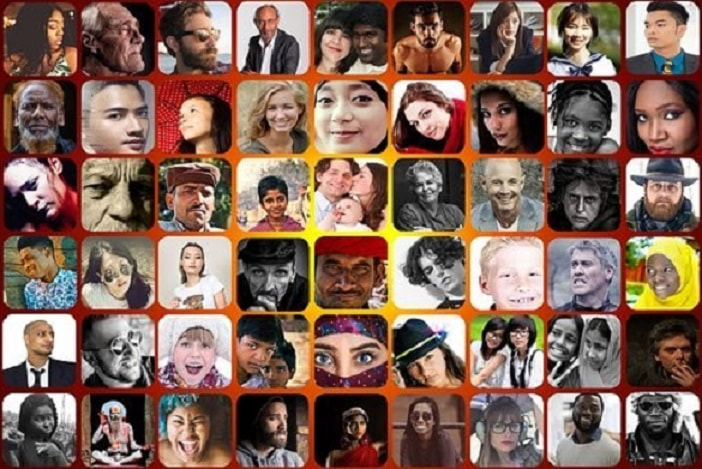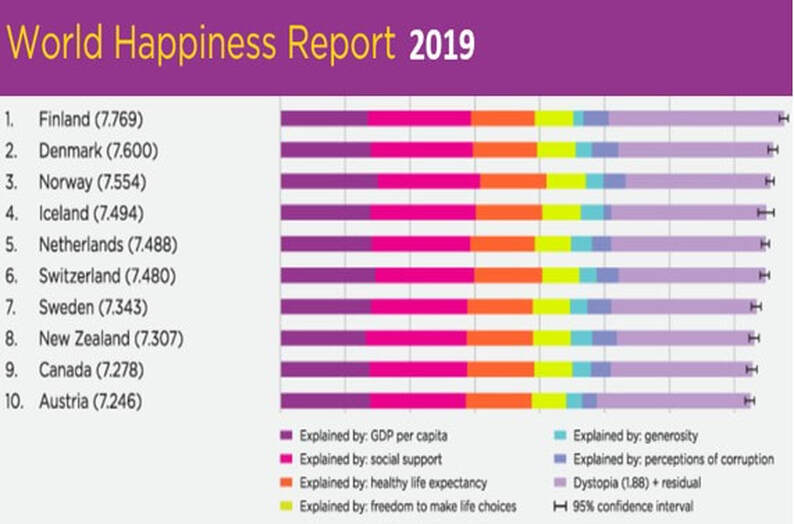Fuelled by creativity, imagination, reason, science and technology, innovation has served as the basis of human progress since the beginning of history. Innovation increases happiness as it solves problems, satisfies needs and makes people better off. It is essential for our well-being. I do not subscribe to the nostalgic nonsense that technology is evil and dangerous and that “good old days” are gone forever. Of course we need to understand that innovation always happens within a socio-political context which in turn shapes its outcomes. The costs and benefits of innovation can be very unevenly distributed and this, in turn, impacts society and politics. Innovation often serves selfish and even evil purposes. And it is undoubtedly impacting climate too, in ways which only international co-operation can address, and it shall do so with more, not less, innovation. At the level of individuals, the renowned psychologist Mihaly Csikszentmihalyi has shown how happiness and creativity are intimately related in two seminal books*. Innovation practitioners will also attest to the importance of personal engagement and enjoyment in the act of collaborative creation. Beyond individuals and teams, companies and communities, what might we learn from surveying happiness at the level of nation-states? The World Happiness Report 2019**, commissioned by the UN and edited by economists Helliwell, Layard and Sachs, is the 7th of its kind. It is a pioneering study in the emerging science of happiness which shows how the quality of people’s lives can be coherently, reliably and validly assessed by a variety of measures of subjective well-being. (See table) GDP per capita, has for decades been economists’ leading indicator of standards of living and the single measure for classifying countries as rich or poor, developed or underdeveloped, advanced or backward. However, recent research has shown that the link of material wealth to happiness is complex, tenuous and not always strong. Very low levels of income are probably an unhappiness indicator at personal and country level, but very high levels of individual incomes and per capita GDP are by no means guarantors of happiness.
This study does take GDP into account but the authors, always through the subjective responses of the people surveyed, consider five more factors too: Social support, Healthy life expectancy, Freedom to make life choices, Generosity and Absence of corruption. The country hit parade shows the top 10 of 156 countries surveyed are ALL social democracies, 8 of them are in Europe, plus Canada and New Zealand. The second group 11th to 20th, is topped by Australia, Costa Rica and Israel. Again there are 6 European countries with strong welfare states (Luxembourg, UK, Ireland, Germany, Belgium, Czech Republic) and the US just makes this group, ranked 19th. While 14 of the top twenty countries are European, the spread of happiness among the EU countries is surprisingly large – Finland is number 1 and Bulgaria is number 98. Cyprus is at EU “median” place, number 49. Farther down are Latvia, Estonia, Hungary, Portugal, Croatia, Greece (82) and Bulgaria. Turkey is 79th, slightly higher than Greece. The spread of the BRICS is also quite striking with Brazil in 32nd place and India in 140th place. Then Russia (68), China (93) and South Africa (106). Many of the very lowest ranking countries are torn by war or civil strife. It is clear that where we live has a significant impact on our well-being and that the richest countries are not necessarily the happiest. The authors argue that public policy and institutions have a clear effect on happiness and suggest that good government and good citizenship might reinforce each other. And they are careful to caution that country figures still represent averages – the deviation between happiest and unhappiest people within one country could be large or small depending on the country. Innovation does not have values, people do. Consciously seeking happiness at collective as well as individual levels is crucial for maximizing the value of innovation. So I laud our contemporary researchers in the new science of happiness and wish that they may find more and more good ways for policymakers to address people’s well-being beyond “the economy”. And I wish you, dear reader, wherever you live, a Happy New Year! * Mihaly Csikszentmihalyi - Flow: The Psychology of Optimal Experience (1990) and Creativity: Flow and the Psychology of Discovery and Invention (1996). ** The report may be downloaded at https://worldhappiness.report/ed/2019/
0 Comments
Leave a Reply. |
LATEST POSTS
Archives
July 2021
|


